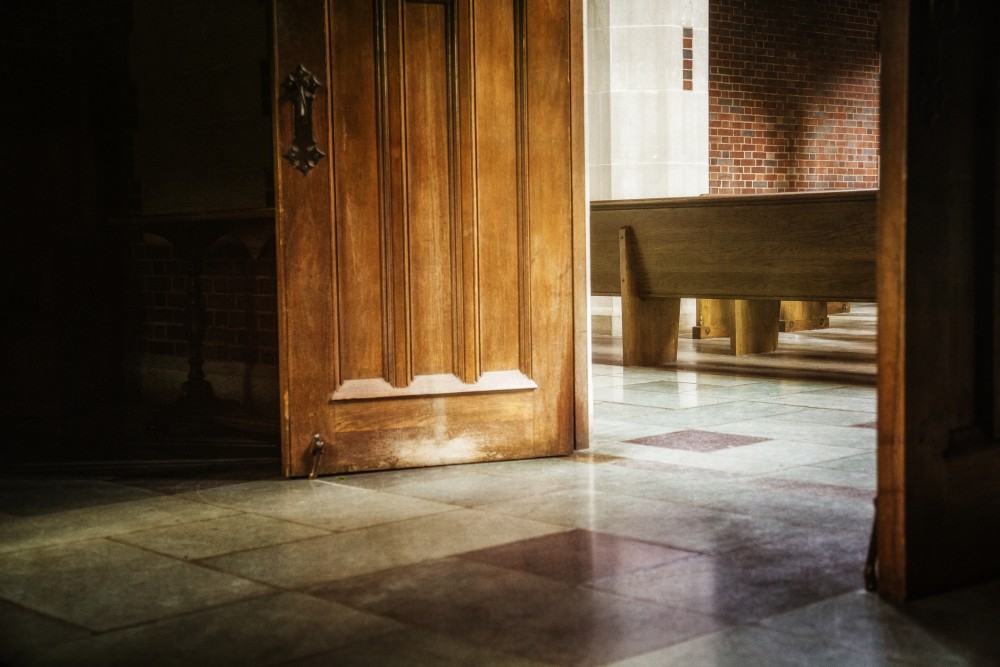Gratitude rush
Greeting people on Sunday mornings, I’m fueled by thankfulness for their presence.

My wife claims I live on adrenaline. That’s her word for describing my pace on deadline-crazed days. She also thinks adrenaline is the prime accelerant in my larger excitement for life. Most people feel an adrenaline rush when in the presence of a real or perceived threat. My surges of adrenaline seem most acute when I’m feeling joy and happiness.
I don’t know the science of it all, but my adrenaline pump appears to ratchet up on weekends. On Sundays, I’m feverishly retrieving names from memory and busily sorting through stories, ailments, and exhilarations of the different people I meet. I try to be in the right place at the right time with the right spirit. Doing that hundreds of times a weekend is mentally exhausting. But it’s a thrill.
Greeting people before and after worship is a love of mine. Those brief exchanges may be my only engagement with certain individuals for weeks on end. It’s precious time. Sometimes I speak soft words of gratitude. “Thanks for being a part of the day,” I may say. “It’s really great to see you!”





